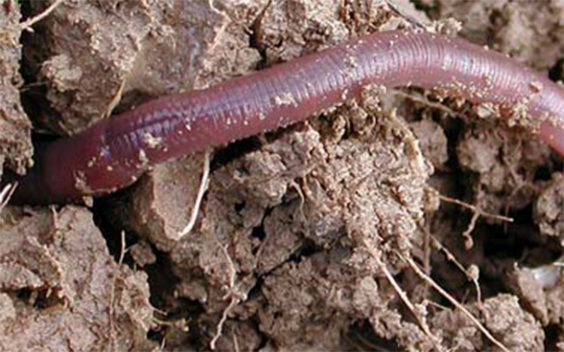Economic and population growth not only leads to greater demand for settlements and transport infrastructure, but also to the loss of ecological soil functions.

The construction activity associated with greater demand for settlements and transport infrastructure leads to soil sealing and - if the soil is not handled carefully - to compaction. Both leads to a substantial loss of ecological soil functions (production, regulation and habitat functions).
A great deal of land is also used for shopping centres, recreational and sports facilities, as well as industrial and commercial operations. This is especially the case in the Central Plateau, which has the most fertile soil in Switzerland.
Due to the pressure to improve efficiency in forestry and agriculture, tractors and harvesters are increasingly heavier and compact the soil. Alpine soil is under pressure from ski-slope grooming and artificial irrigation.
The FOEN is working to conserve the ecological soil functions so that Switzerland has enough fertile soil in the long term to satisfy the needs of future generations.
Physical pressures: soil compaction and erosion
Soil compaction damages the structure of the soil, which in turn impairs biological processes. In this way, the water storage capacity of soil is diminished, thereby creating a higher risk of erosion and floods.
Chemical pressures: pollution
Chemical soil contamination impairs soil fertility. The pollutants can lead to defects in plant growth.The consumption of contaminated harvested products or of contaminated soil itself (by farm animals or playing children) can also cause health risks for humans and animals.
Pollutants enter agricultural soil through the application of fertilizer (e.g. farmyard manure, mineral and waste fertilisers) and through atmospheric deposition. They are also absorbed from the soil by crops. Through leaching and bioturbation, pollutants can even reach the deeper layers of soil, where they pose less of a threat to soil use but more of a threat to the groundwater, among other things. The importance of the input sources varies depending on the particular pollutant and land use.
Assessments of cadmium, copper, lead and zinc levels at 48 agricultural sites in the Swiss soil monitoring network (NABO) were carried out from 1996 to 2001. The results indicate that these substances are slowly accumulating in the soil.
Biological pressures: invasive alien organisms
Biological pressure from introduced, non-native organisms can impair soil fertility and alter natural networks of soil biota. Invasive organisms decrease biodiversity around the world and are the second greatest cause of the decline in species numbers, right after habitat destruction.
Last modification 25.08.2021





